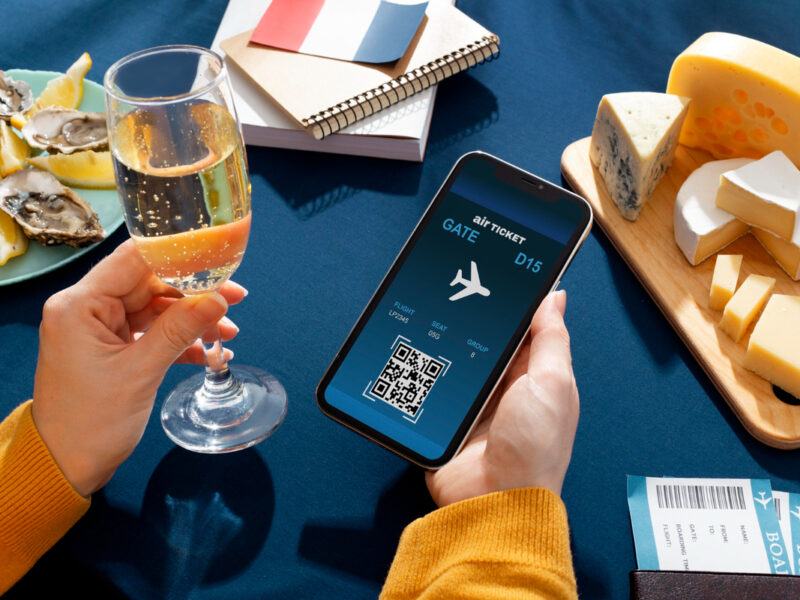A hotel reservation system is an online booking system that allows guests to book rooms directly on the hotel website or social media.
Using such a system saves valuable time, increases guest loyalty and creates more bookings without commission for your business.
What is a hotel reservation system?
A hotel reservation system, also known as a hotel booking engine, is a computerized system that captures booking details from a hotel’s website, social media or metasearch channels like Google Hotel Ads.
The data is then transferred to a property management system or booking calendar. There may be other functions with it, such as automating booking confirmation emails.
The main goal of a hotel booking system is to optimize the booking process for both the guest and the property, providing an easy way for hotels to increase direct bookings.
It is rare to see a contact form on a hotel website. The outdated practice does not meet the modern demand for instant gratification. Customers want quick access to information such as room rates, availability for specific dates and the ability to book without assistance.
The booking system shows all the necessary information about hotel rooms, including prices, room descriptions, amenities and bookable extras. Potential guests can also pay a deposit on the spot to guarantee their reservation.
Why do you need a booking system?
- Leverage the booming online travel market
The online travel market is growing year by year. It is estimated that by 2023, 700 million people will book hotel rooms online.
Without a booking system, hotels are completely at the mercy of OTAs, which often lower rates for financial gain and reduce hotel revenue. Or they are stuck with time-consuming manual processes that generate only half of sales.
Offering an online booking platform allows hotels to generate much more revenue in-house with an automated solution that can be customized to fit their business needs.
- Direct impact on guest experience
While OTAs are important sales channels, they have no impact on the guest experience. They only sell rooms and this is where hotels can make money.
A hotel reservation system is necessary to improve the visitor experience and increase loyalty. For example, the system immediately stores information about the guest and preferences. This data can be used for remarketing campaigns to encourage repeat visits.
This technology also helps to convert visitors to your website into paying guests with value-added services, such as in-room extras (MCC bottle, full body massage) that guests can book directly.
Here are other features of the booking engine that enhance the guest experience and improve direct bookings:
Discount codes: the system allows you to create special promotions for direct bookers. Add a discount code to the homepage of your website as an incentive.
Booking confirmations: customize automatically generated emails to match your brand and tone.
Conversion rate: Integrate with Google and Facebook to track the conversion rate of your booking system and use the statistics to improve your marketing efforts.
Optimize room rates: A revenue-driven booking engine like RoomRaccoon automatically adjusts room rates based on demand, occupancy rates, and other market conditions.
- Set your own booking conditions
OTAs have rules and regulations that hotels and those who book them must adhere to. Fortunately, with a booking engine, hotels can set booking conditions as they see fit.
Hotels can customize booking terms and conditions such as maximum booking time, check-in and check-out times, and decide whether guests have to pay upfront during the booking process or later during online check-in.
They also control the information that the customer must provide during the booking process, such as first and last names, email addresses and payment information.



